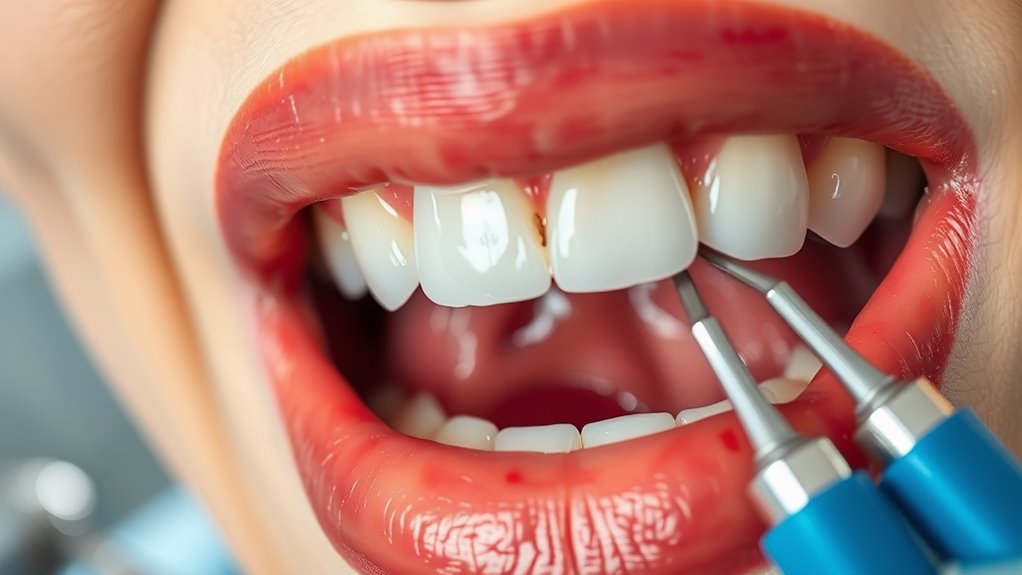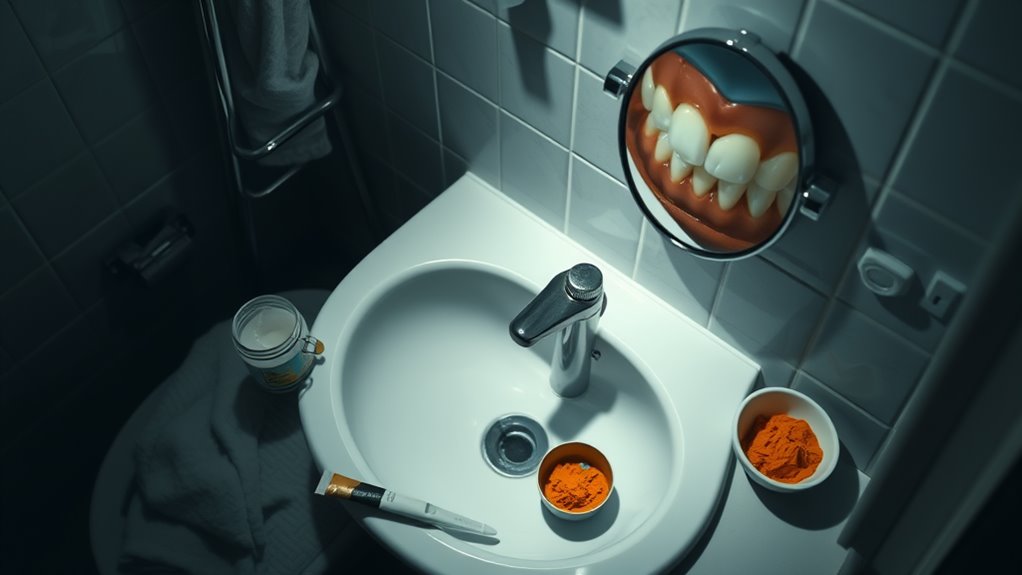The Most Common Cause of Toothaches (And How to Stop It!)
If you’ve ever experienced a toothache, you know how debilitating it can be. The discomfort often stems from tooth decay, a common issue that many overlook until it’s too late. Understanding how this process occurs and what you can do to prevent it is crucial. Curious about the early signs of tooth decay and the simple steps you can take to protect your smile? Let’s explore this further.
Understanding Tooth Decay: The Primary Culprit Behind Toothaches
Tooth decay is often the main reason you experience a toothache, as it gradually erodes the enamel and exposes the sensitive inner layers of your teeth. Understanding the causes of toothaches helps you take charge of your dental health and feel more connected to those who share similar struggles.
Poor oral hygiene, sugary snacks, and acidic drinks contribute significantly to tooth decay. When bacteria in your mouth feed on leftover food particles, they produce acids that attack the enamel. Over time, this can lead to cavities, increasing the risk of pain. Regular dental care can help prevent tooth decay and protect your overall health.
You mightn’t realize it, but neglecting regular dental check-ups can also be a key factor. By recognizing these toothache causes, you can join a community of individuals motivated to maintain healthy smiles.
The Progression of Tooth Decay: From Sensitivity to Severe Pain
As tooth decay progresses, you might first notice sensitivity when consuming hot, cold, or sweet foods. This signals that something’s amiss, and ignoring it can lead to more severe pain.
Here’s how tooth decay typically advances:
-
Initial Sensitivity: You feel discomfort during meals, indicating enamel erosion.
-
Persistent Pain: As decay deepens, the discomfort becomes a constant ache, making daily activities challenging.
-
Severe Pain & Infection: Eventually, you could face intense throbbing and potential infection, needing immediate dental intervention.
Recognizing these stages is crucial for your dental health. It’s not just about avoiding pain; it’s about ensuring you can enjoy your meals and smile confidently with friends and family. Poor oral health influences overall body function and well-being, so addressing dental issues is essential.
Taking action early can prevent significant issues down the road, allowing you to feel a sense of belonging in the community of healthy smiles.
Don’t wait for severe discomfort—listen to your teeth!
Preventive Measures: How to Protect Your Teeth
While you might think toothaches are an inevitable part of life, there are plenty of preventive measures you can take to protect your teeth.
First, make brushing twice a day with fluoride toothpaste a routine. It’s a simple step that strengthens enamel and keeps cavities at bay.
Don’t forget to floss daily; it removes food particles and plaque from between your teeth where brushes can’t reach.
Additionally, limit sugary snacks and drinks, as they feed harmful bacteria. Choosing water or unsweetened beverages is a smart move.
Regular dental check-ups are also crucial; your dentist can catch problems early before they escalate.
Consider using a mouthguard if you grind your teeth at night—it can save you from future pain. Maintaining good oral health practices is essential for effective diabetes management.
By following these simple steps, you’ll not only protect your teeth but also enjoy a bright, confident smile.
You’re not alone in this; we’re all in it together for healthier teeth!
Recognizing the Symptoms: When to Seek Help
How can you tell if that nagging pain in your mouth is just a minor annoyance or something that needs professional attention?
It’s important to pay attention to your symptoms. Here are three clear signs that it’s time to seek help:
-
Persistent Pain: If you’re experiencing tooth pain that lasts more than a day or two, it’s a red flag.
-
Swelling or Fever: Any swelling in your gums or face, as well as a fever, signals a potential infection that shouldn’t be ignored.
-
Difficulty Eating or Sleeping: If the pain is interfering with your daily life, like making it hard to eat or sleep, you definitely need to consult a professional. Additionally, persistent pain is often a sign of more serious dental issues that require immediate attention.
Professional Treatment Options for Tooth Decay Relief
Ignoring tooth pain can lead to bigger problems, so if you’ve identified those concerning symptoms, it’s time to explore professional treatment options for relief from tooth decay.
Your dentist can assess the extent of the decay and recommend the best course of action.
For minor cavities, a simple filling may do the trick, restoring your tooth’s integrity and function.
If the decay is more severe, you might need a root canal, which can save your tooth from extraction.
In cases of extensive damage, your dentist may suggest a crown to protect and strengthen the affected tooth.
Regular cleanings and check-ups are essential for preventing future issues, too. Additionally, addressing tooth pain promptly can help prevent serious infections, which may complicate treatment and recovery.




